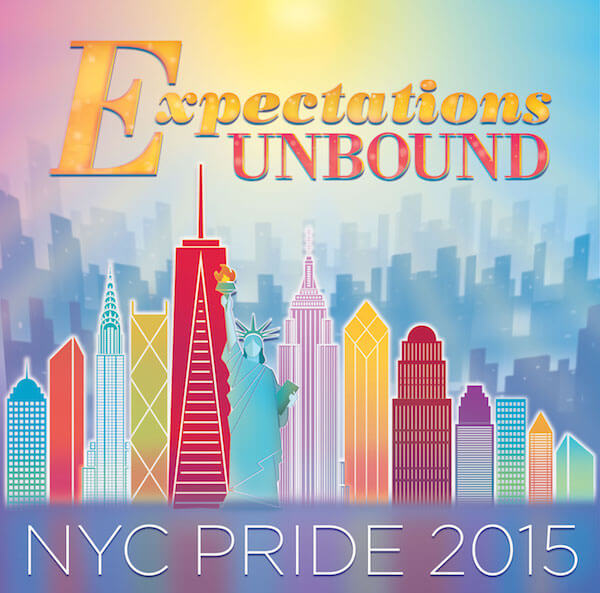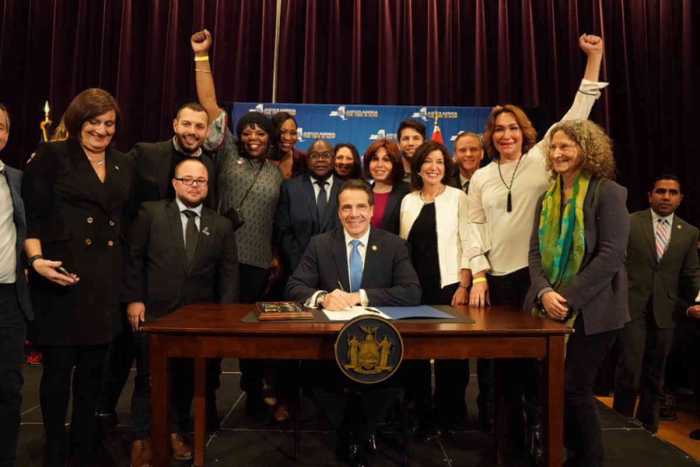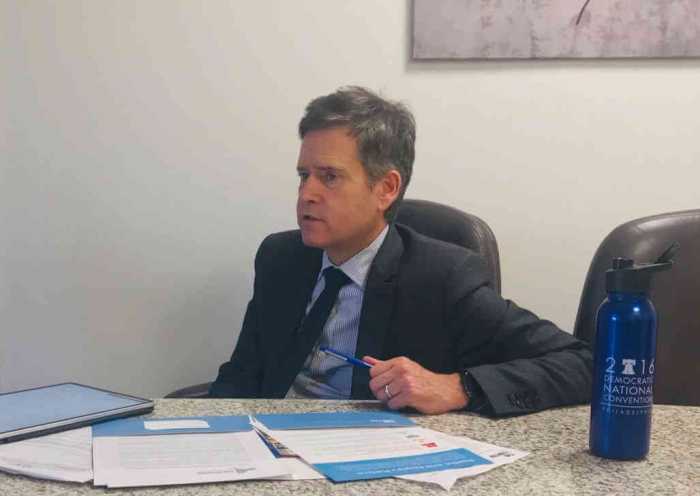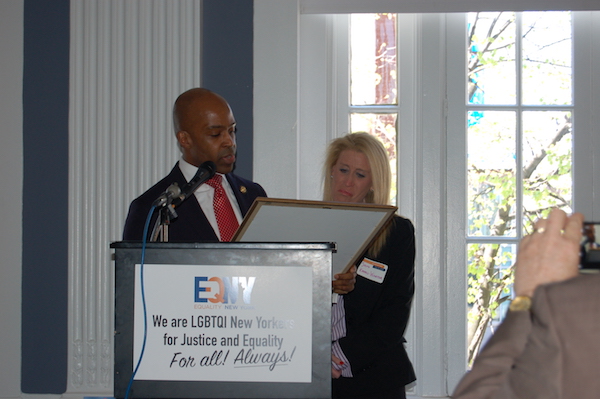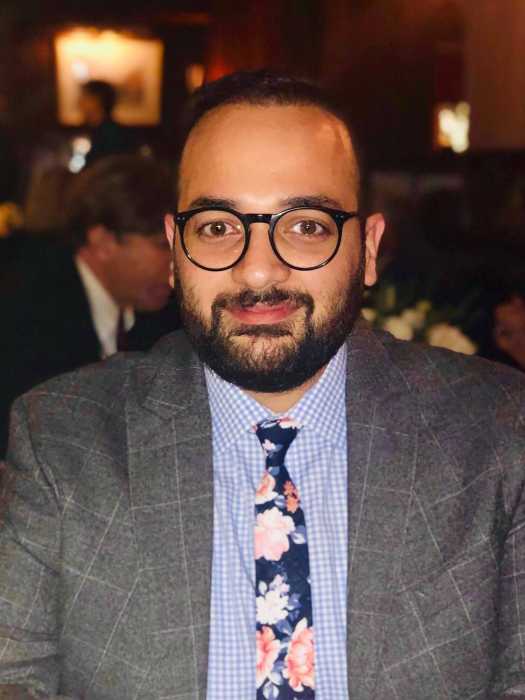COVER ILLUSTRATION BY MICHAEL SHIREY
BY PAUL SCHINDLER | By the end of this month –– and quite possibly before we’ve had the chance to get this newspaper into your hands –– the US Supreme Court will have ruled on marriage equality. The court –– which since October has passively allowed lower court rulings to go into effect doubling the number of gay marriage states –– has given every indication its decision will be a happy one.
There’s a reason, of course, that it’s called the Supreme Court. Those nine justices can do just about anything they want, so there’s no percentage in counting our chickens before they’re hatched. Should the ruling be adverse, finding no federal constitutional right for same-sex couples to marry, the community faces a difficult reassessment –– a discussion best left for later, in the hopes we never have to engage in it.
Win or lose, however, we’ve learned something very valuable from the marriage fight –– we gain nothing, absolutely nothing from lowering our sights, accommodating our opponents, or negotiating against ourselves. When Vermont enacted civil unions in 2000, after its high court ordered the Legislature to deliver same-sex couples all the rights of marriage, with or without the name, the movement could have adopted a “separate but equal is good enough” strategy, but it didn’t. True, some states took the intermediate step of civil unions, but the community leadership largely saw those compromises as tactical. To their credit, the Empire State Pride Agenda and out gay legislators never countenanced the idea of civil unions here, though they could have been adopted more quickly than gay marriage. And, when marriage came to New York on June 24, 2011, we managed to be just the sixth state to cross the finish line.
A striking quality of marriage victories I’ve taken time to observe closely –– in New York, over Proposition 8, against DOMA, and most recently in the Irish referendum –– is the joy that permeates such moments. Governor Andrew Cuomo, the decisive player in the win here, commented on that after joining the LGBT Pride March two days later. Edie Windsor, the successful DOMA plaintiff, won the hearts of Americans with her earthy, plain-spoken dignity. And the pictures and videos that emerged from Ireland showed a country –– no matter how hard-fought the referendum was –– proud of itself for confronting a tough question and decisively choosing to do the right thing.
The quest for marriage equality has shown we can change the hearts and minds of the larger society around us. And even those among us who have philosophical objections to the institution of marriage or who worry that the effort to win on that issue diverted us from other, more dire needs will, I think, agree that our youth will more easily build the self-esteem to live fulfilling lives if their government is not telling them from the get-go that their love, by law, must be treated differently.
Changing up that message, however, is not enough. As Mike Signorile argued compellingly in his most recent book, “It’s Not Over.” The biggest task ahead of us is winning full civil rights protections at the federal level. For more than two decades, our community got sidetracked on a classic course of negotiating against ourselves –– in pushing for the Employment Non-Discrimination Act. Winning protections at the workplace, the reasoning went, would be an easier sell than barring discrimination in housing or public accommodations, like hotels, restaurants, and other venues open to the community as a whole. Along the way, we also offered our opponents concessions on religious exemptions that would allow for opt-outs based on so-called faith-based objections to homosexuality –– opt-outs unavailable under any other civil rights law.
We seem to have learned the errors of that course. Any day now, out gay Representative David Cicilline of Rhode Island and Senator Jeff Merkley of Oregon are expected to introduce comprehensive civil rights legislation that will track, if not specifically amend, the 1964 Civil Rights Act, the gold standard in nondiscrimination protections. Achieving that –– a long-term project –– will be a test of our willingness and ability to work in coalition with other progressive communities.
Watching the recent “religious freedom” fiasco in Indiana and witnessing last year’s decision by the Supreme Court to grant a business corporation, Hobby Lobby, faith-based exemptions to federal law, our community has become more sophisticated in recognizing the dangers of breaching the church-state divide at the heart of the First Amendment. Yet, even as we identify dangers when they emanate from Indianapolis or Oklahoma City, we are often blind to them when our friends are behind them. We have been too complacent about our mayor opening up public schools for weekend worship services, our governor pressing for aid to parochial schools –– many of which teach anti-gay lessons –– and a majority of the LGBT caucus in the City Council endorsing the same idea here in New York City.
It should, by now, be clear that defending the separation of church and state is integral to the fight for LGBT rights. Believers and non-believers, alike, should agree on this.
As we press for comprehensive protections for the community at large, we also need to identify priorities that demand greater attention and more resources. The laudable Plan to End AIDS by 2020 in New York State will not succeed unless the governor and the mayor are willing to spend more money and engage more communities than they’ve signaled willingness to so far. As one city official told me, success depends on their swimming into the deep end of the pool.
With Mayor Bill de Blasio’s leadership, the city has nearly doubled the number of beds for homeless youth, many of them suited to the needs of LGBT young people. That effort needs to continue, with help from the state, and we need to broaden our definition of youth so that vulnerable 21- to 24-year-olds also have shelter options apart from adult shelters, which can be particularly dangerous for queer young people.
The innovative strategies developed by SAGE and its mainstream elder advocate allies to ensure that LGBT seniors can find housing and services sensitive and responsive to their needs deserve support at every level of government.
Finally, as the remarkably positive response to Caitlyn Jenner’s coming out has demonstrated, the American people can be moved in their understanding of and support for transgender lives. On this, our political system is falling woefully behind, especially here in New York. It is an indictment of the Legislature in Albany –– and frankly of every LGBT advocacy group and every LGBT publication –– that New York State has still not extended basic civil rights protections based on gender identity and expression. As President Barack Obama might phrase it, “We’re better than that.”
And our expectations need to be a lot higher than that.

